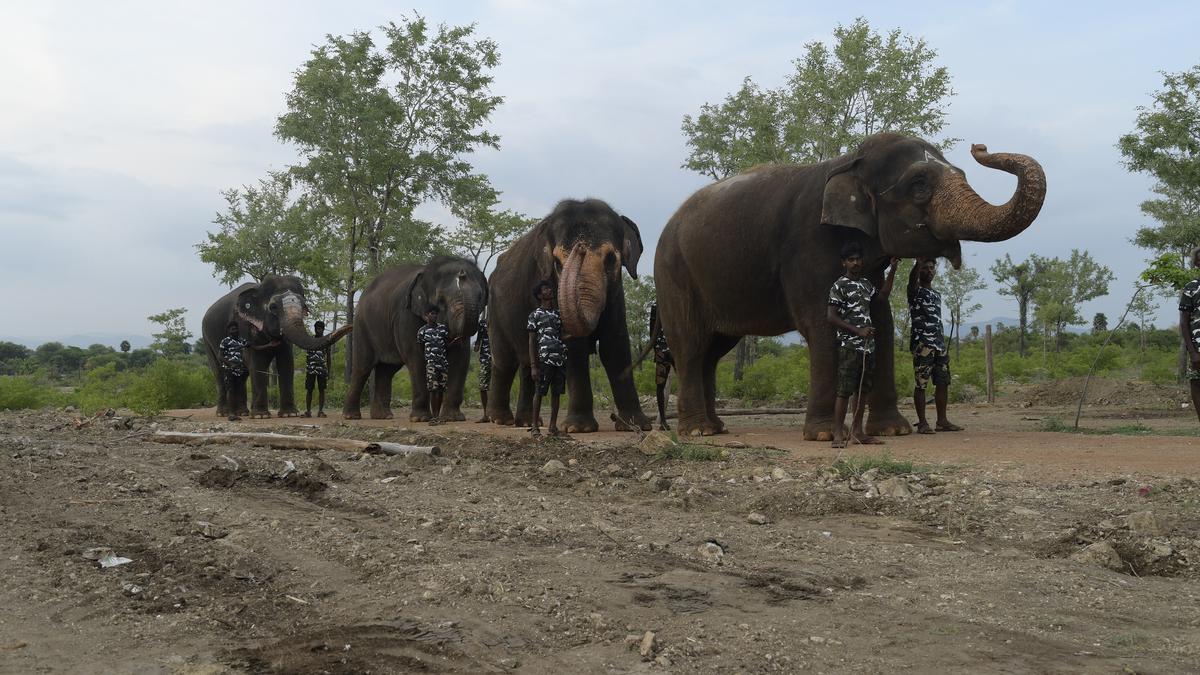
Will the new wildlife rules accelerate illegal trade of India’s captive elephants | In Focus podcast
The Hindu
In this episode, Alok Hisarwala explains the amendment brought into the Wildlife Protection Act with regard to captive elephants, how this could potentially revive trafficking and the need to move away from using elephants for cultural purposes in India.
The Indian government recently brought in an amendment to the Wildlife Protection Act with regard to captive elephants. This amendment, the rules for which came in last month, regulates the transfer or transport of captive elephants, and has sparked an outcry from animal rights activists. Elephants are, according to the Wildlife Protection Act, a Schedule 1 species – offered the highest protection under the law. Captive elephants however, because of their historical role in India where they have been part of royal estates, used in timber logging and still used in temples for religious festivals, come under a special category, but there were still strict rules governing their transfer. Now however, with this new amendment, the transfer of elephants is allowed for ‘religious or any other purposes’ – this vague definition, researchers say can revive illegal commercial trade and trafficking of elephants, something the country has been trying to curb for decades. Concerns have also been raised about Vantara, Anant Ambani’s rehabilitation centre in Jamnagar, Gujarat, which has come under criticism for its housing of a large number of elephants.
Why was this amendment brought in? What does this mean for the 2,600-or so captive elephants across the country? Are wild elephants continuing to be captured and illegally sold? And what is the way forward to rehabilitate captive elephants in the country?
Guest: Alok Hisarwala, lawyer and researcher, founder of Centre for Research and Animal Rights, Goa
Host: Zubeda Hamid
Edited by Sharmada Venkatasubramanian.
Listen to more In Focus podcasts:













